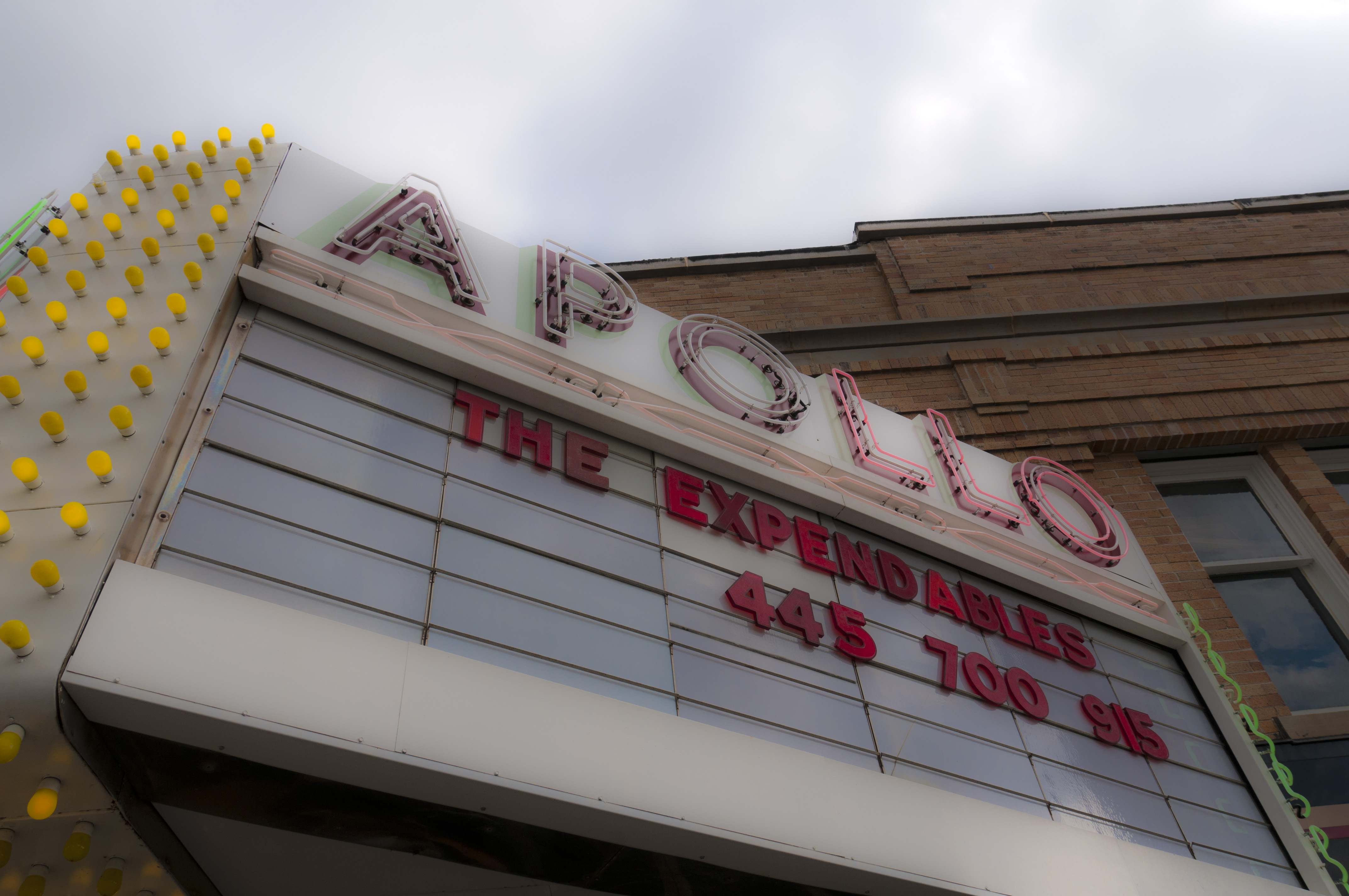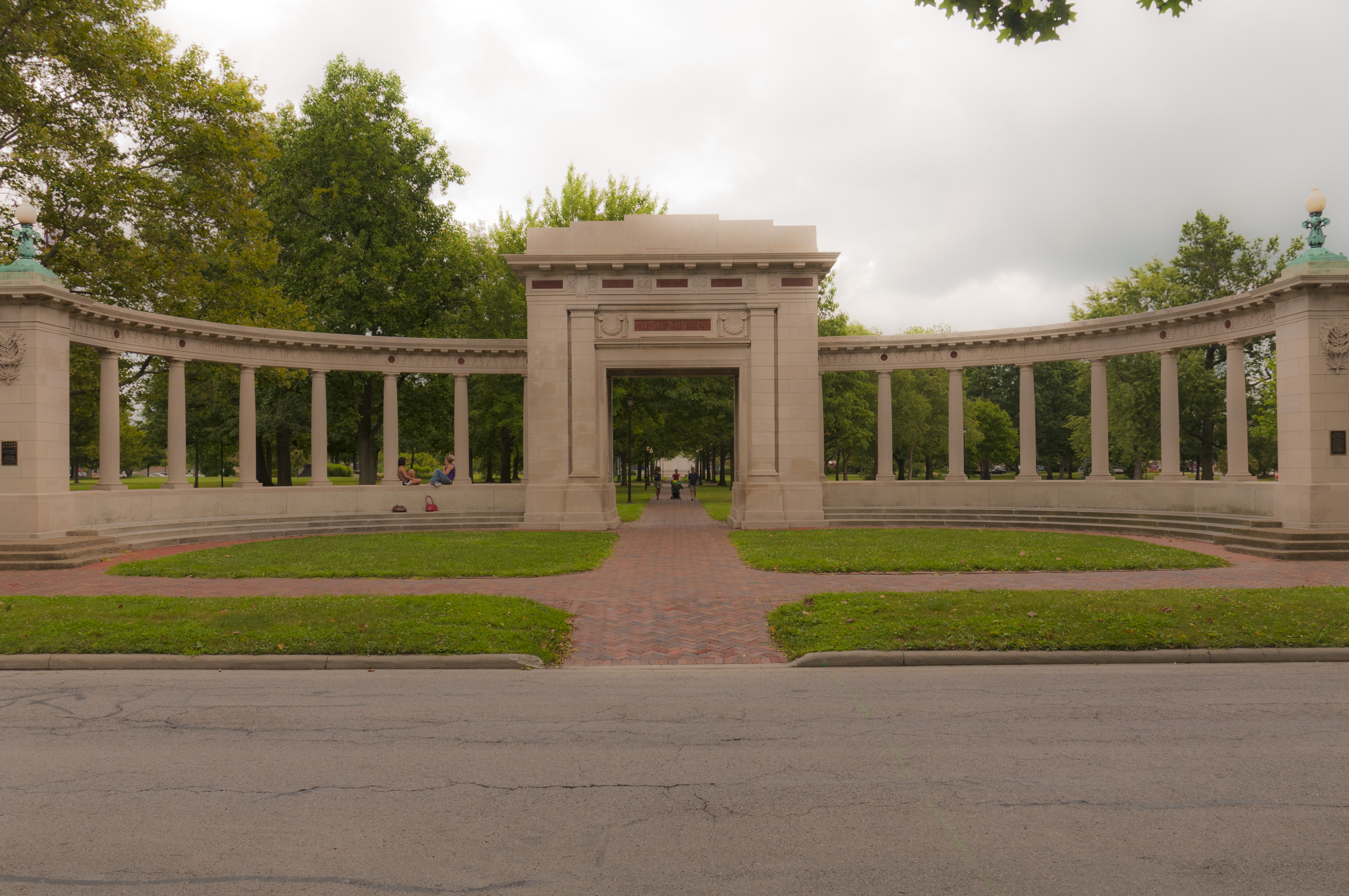A Placemaking Journal
Entice, Don’t Coerce: The pleasures of green by design
 Living in a century home with passive air and choosing cycling as my primary mode of transportation during this unusually warm summer may sound like hardcore Greenie behavior, but it’s been particularly satisfying.
Living in a century home with passive air and choosing cycling as my primary mode of transportation during this unusually warm summer may sound like hardcore Greenie behavior, but it’s been particularly satisfying.
This enjoyment of a modernized take on methods that have worked for generations has made me pick up Steve Mouzon’s Original Green book again, where he notes:
Delight is often a side effect of buildings that operate naturally for most of the year.
And that’s before the economic, environmental, and social paybacks for my good behaviour. No level of efficiency can ever compare to turning off the equipment. Yet outdoor dining only works when the air conditioning is passive. Or, at least, quiet. Outdoor sleeping only works when the traffic is calmed to a low roar. So while the savings due to less equipment is significant, it also allows all sorts of other enjoyable and effective lifestyle changes.
Original Green is common sense, plainspoken sustainability. It’s the sustainability that has always existed, before the thermostat age. When people had to be green, otherwise they couldn’t live. The newly re-launched Original Green website aggregates, curates, and distributes the wisdom and methods that have worked for the longest time. And provides fun places to talk about how to move these ideas forward, and bring them home.
The other day I was talking with Steve about all of this, and he pointed out that we’re at 6.7 billion people now, heading to 9 billion in most of our lifetimes. So even if we’re all conserving more, our consumption has to drop sharply to keep things level. And level isn’t good. So sustainability can only be reached with a collective — and significant — lifestyle change. Go ahead, call yourself a Greenie. And I’ll call you a survivor. But it might be more hedonistic than you’d think.
Lifestyle change happens easiest from enticement, not coercion. We should be able to choose to be smarter before the larger context coerces us. For the moment, we have a choice — an option for a smarter landing. Our kids might not be so lucky.
So I’ve been walking and cycling the streets of Winnipeg neighbourhoods, always drawn to the ones that adhere to Original Green concepts. Sustainable places are nourishable, accessible, serviceable, and securable. Sustainable buildings are lovable, durable, flexible and frugal. If you want the philosophy behind all that, visit OG Foundations. However, I’ve been thinking about it in terms of a few photos.
Earlier this year, I wrote about Oberlin, and its good college town urbanism that contributes to walkable environments, gathering places, and accessibility. I often meet up with Steve in Oberlin, visiting family, thanks to the fact that he’s my brother as well as fellow urbanist. These photos are all Steve’s, and will be available on Zenfolio soon.
Much of what Oberlin — and other traditional neighbourhoods like it — are doing to be sustainable is probably almost unconscious instead of a big sacrifice.
People are walking more, so conditioning themselves to the weather instead of conditioning their buildings to 70 degrees, thanks to complete streets and plenty of things to walk to:

Gifts to the street are enticing people into the public realm:

Great civic spaces are providing places for people to gather, places for real community:

It’s a very serviceable place because most of the shops and offices are within walking and biking distance to homes:

The uses can change over time, so the buildings are frugal – like this home that later became a museum:

What could they be doing better? Like most towns and cities, the urbanism breaks down on the outskirts, where newer zoning makes things more auto-centric. And agriculture – there isn’t much evidence of it being highly nourishable. While there is a strong local food movement from 50 miles, there are only a few community gardens:

What can you be doing in your home, in your neighbourhood, in your city, to be Original Green? These aren’t easy times. So like the “leave a penny, take a penny” habits of sharing, why don’t you share your ideas below?
Outside of my personal habits, what we’re doing is changing the laws to make Original Green legal again. If you want to talk with Steve and me about it, join us next Thursday for a webinar on Getting to Green: Recovering Sustainable Traditions. Or follow the conversation with the #SmartCode hashtag on Twitter.
– Hazel Borys

